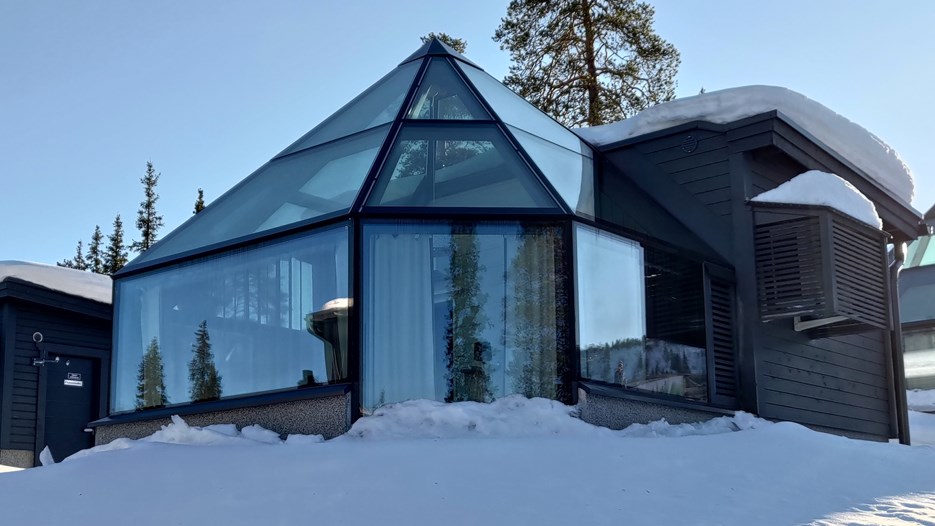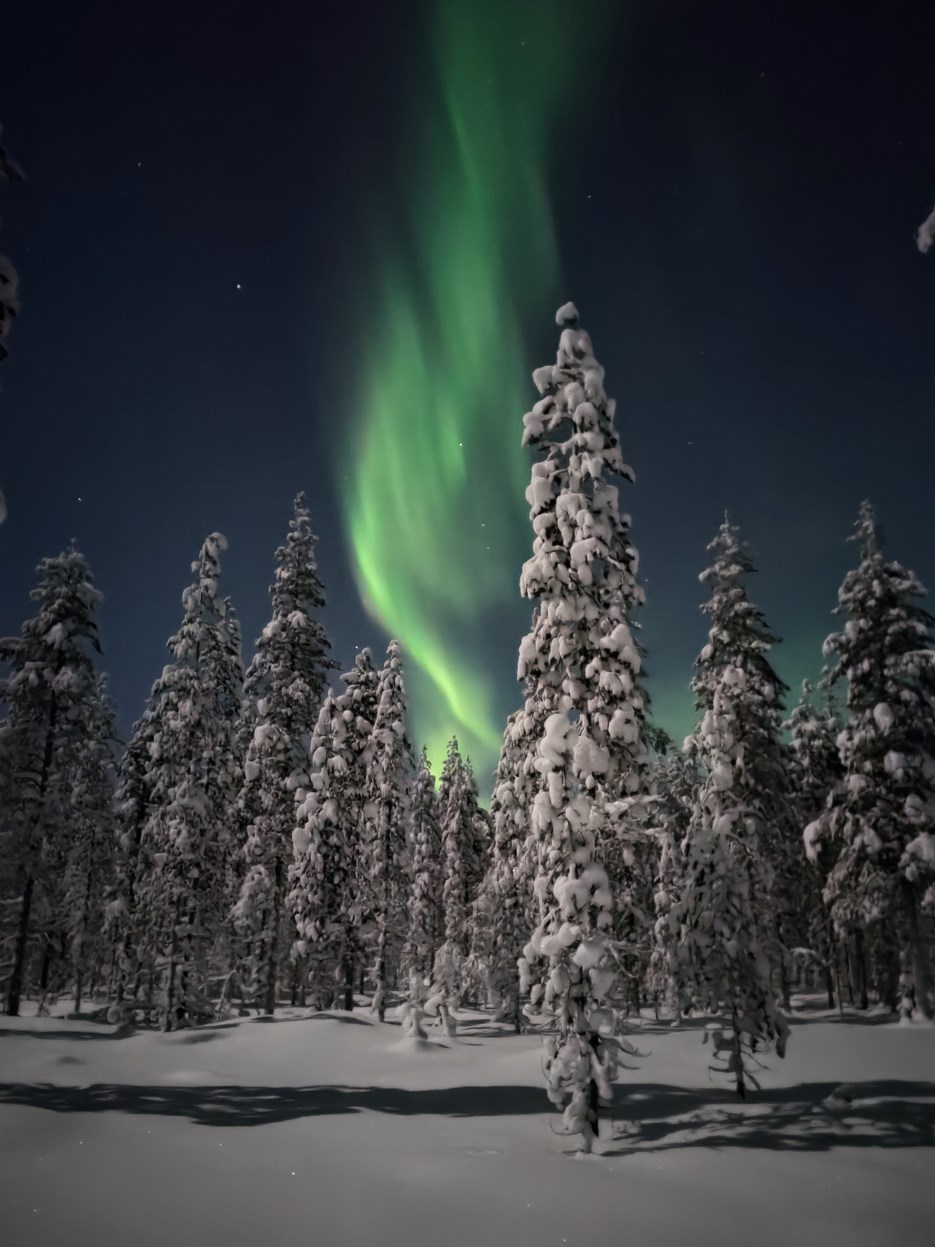About the defence
Dorothee Bohn from the Department of Geography will defend her thesis with the Swedish title: "Skapandet av arktiska geografier: Politisk ekonomi, institutionell strategisk selektivitet och aktörskap i turismutvecklingen" (English title: "Arctic Geographies in the Making: Understanding Political Economy, Institutional Strategic Selectivity, and Agency in Tourism Pathway Development").
Faculty opponent: Professor Dimitri Ioannides from the Department of Economics, Geography, Law, and Tourism; Mid Sweden University.
The defence will take place on Friday, April 12, 2024, from 13:00 to 15:00 in Lecture Hall SAM.A.280.



